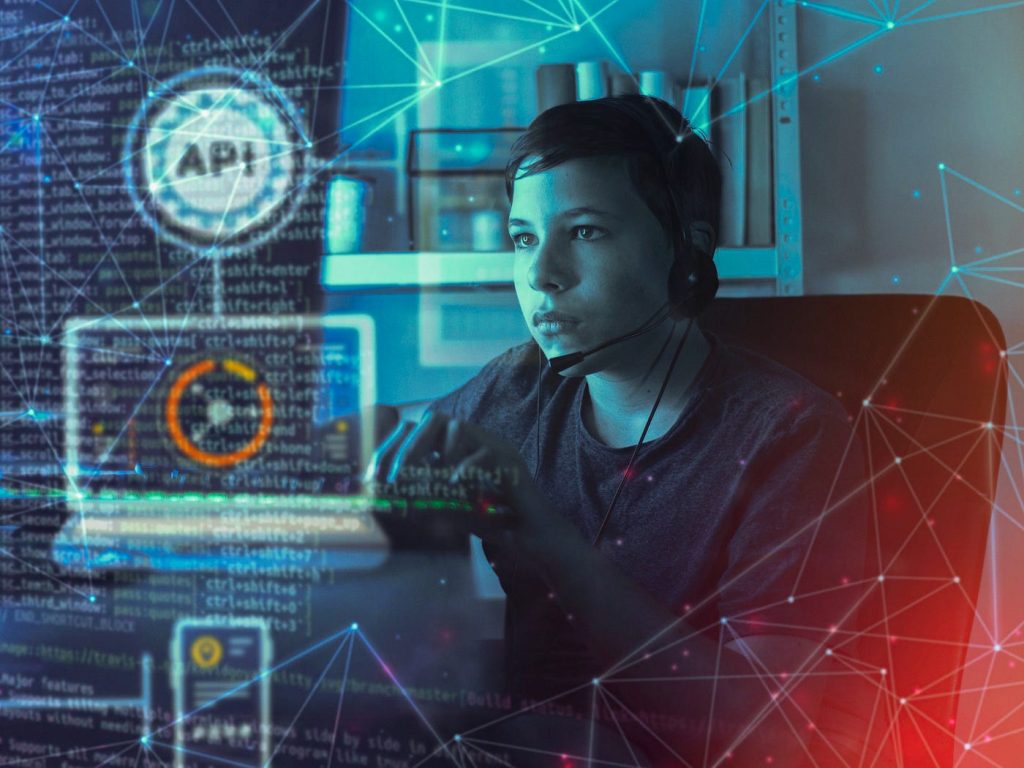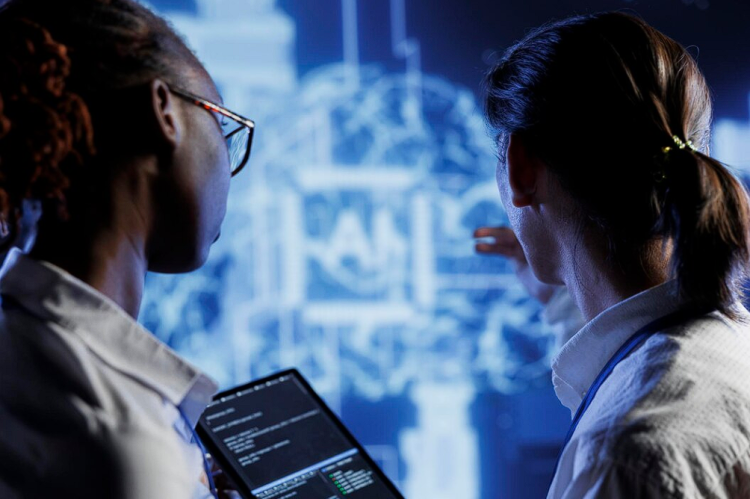Introduction
By 2030, artificial intelligence (AI) will be deeply embedded in nearly every aspect of human activity, from how we work and learn to how we move, create, and receive healthcare. According to leading AI experts, a convergence of technologies—driven by advances in deep learning, robotics, generative models, and neuro-symbolic reasoning—will trigger a transformation as profound as the Industrial Revolution. These changes will not be gradual upgrades; they will redefine societal structures, workforce expectations, personal relationships, and even human identity.
This article explores the specific technologies that experts believe will reshape the world by 2030, how they will impact our daily lives, and the ethical and societal questions we must address along the way.
1. Fully Autonomous Systems Will Redefine Movement and Labor
Autonomous Vehicles
By 2030, self-driving technology is expected to transition from pilot projects to large-scale deployment. Autonomous taxis, freight trucks, and buses will reduce the need for human drivers while improving efficiency and reducing accidents. AI systems will handle not only navigation but also dynamic urban planning, rerouting, and energy optimization.
Autonomous Delivery & Drones
AI-powered drones and delivery bots will handle the last-mile logistics in cities and rural areas alike. These systems will collaborate in real-time with smart city infrastructures to deliver goods, medicine, and even medical equipment during emergencies.
Impact: Millions of driving-related jobs will evolve into supervisory or technical maintenance roles. Urban design will also shift, with fewer parking lots and more AI-managed mobility hubs.
2. AI Will Become Your Cognitive Co-Pilot
Personalized AI Assistants
Far beyond today’s Siri or Alexa, future AI agents will function like cognitive collaborators. These assistants will help individuals manage tasks, optimize health and schedules, and make complex decisions by modeling your preferences, emotions, and goals.
Multimodal and Emotional Understanding
With advances in affective computing, your AI will detect stress from your tone, offer reminders based on your past behavior, and adapt conversation style according to your cultural or emotional context.
Impact: AI will reduce mental load and decision fatigue, making work and life smoother. However, questions about privacy, over-reliance, and autonomy will become more pressing.
3. Healthcare Will Shift from Reactive to Predictive
AI Diagnostics
Medical imaging, genomics, and clinical history will be processed by AI models trained on millions of patient records. These models will identify cancers, infections, or degenerative diseases earlier than human doctors, with higher precision.
Digital Therapeutics and Virtual Care
AI-driven chatbots, emotion-aware apps, and virtual therapists will deliver mental healthcare at scale. Wearable sensors will continuously monitor heart health, glucose, and cognitive patterns, feeding data into models that adjust medications in real-time.
Impact: Healthcare will become continuous and personalized. Life expectancy may rise, while hospitals will function more like high-tech monitoring centers than emergency triage stations.
4. Generative AI Will Revolutionize Creativity and Communication
Content Creation on Demand
By 2030, individuals will generate movies, games, lessons, or advertisements tailored to niche audiences using only a few lines of text. AI will write scripts, animate characters, compose soundtracks, and even voice actors—all in seconds.
Synthetic Realities and Digital Twins
VR and AR environments, powered by generative models, will blur the line between the digital and physical. People will collaborate in lifelike virtual offices, simulate historical events, or interact with avatars of deceased relatives.
Impact: Artists and communicators will shift from creators to curators. Authenticity, ownership, and intellectual property will become fiercely debated in the age of infinite content.
5. The Nature of Work Will Fundamentally Change
AI-Augmented Professions
In law, finance, journalism, education, and research, AI systems will draft documents, analyze evidence, summarize knowledge, and even write code. Human workers will supervise, refine, and contextualize these outputs.
Task vs. Job Automation
Rather than replacing entire jobs, AI will automate specific tasks. Accountants will spend less time on reconciliation; doctors on data entry; teachers on grading—freeing time for judgment, creativity, and interpersonal interaction.
Impact: Employment will not disappear, but the skills required will shift dramatically. Lifelong learning, AI fluency, and adaptability will be essential.
6. Education Will Be Adaptive, Immersive, and Global
AI Tutors and Learning Platforms
AI-powered systems will customize learning paths for each student, adapting difficulty, pace, and format in real-time. Multilingual AI will enable global access to high-quality education regardless of geography.
VR/AR Classrooms
Immersive technologies will bring history, biology, or engineering to life. Students will conduct virtual experiments on Mars or walk through ancient cities reconstructed in 3D, guided by AI historians.
Impact: Teachers will evolve into facilitators of exploration. Education will become more inclusive, but access to devices and connectivity will remain a barrier in some regions.

7. AI in Governance, Policy, and Social Infrastructure
AI for Public Decision-Making
Governments will use AI to model traffic flows, forecast economic trends, and simulate climate scenarios. AI will assist in drafting policy, allocating resources, and tracking outcomes in real-time.
Smart Cities and Infrastructure
AI will manage energy use, optimize emergency services, and control pollution. Digital twins of entire cities will allow leaders to simulate crises and implement preventive strategies.
Impact: Public services will become more efficient and responsive. Transparency and explainability of AI in governance will be essential to maintain democratic legitimacy.
8. New Frontiers: Brain-AI Interfaces, Quantum AI, and Synthetic Biology
Neural Interfaces
Companies like Neuralink and Kernel are developing brain-computer interfaces that could allow humans to interact with AI directly using thought. By 2030, early use cases may include controlling prosthetics, enhancing memory, or accessing digital content via neural signals.
Quantum AI
Quantum computing will allow AI to process complex datasets currently beyond classical computers. Experts expect breakthroughs in materials science, climate modeling, and drug discovery.
AI in Synthetic Biology
AI will help design new proteins, enzymes, and genetic therapies. This could lead to engineered organisms that clean up pollution, create biofuels, or cure genetic diseases.
Impact: These technologies will unlock new capabilities but also raise existential ethical questions about human enhancement, privacy, and biological control.
9. The Ethics, Risks, and Governance of 2030 AI
While AI’s potential is vast, so are the risks:
- Algorithmic bias may lead to systemic discrimination.
- AI surveillance could erode civil liberties.
- Autonomous weapons may redefine warfare.
- Job polarization could increase inequality.
To mitigate these dangers, experts stress the importance of:
- Human oversight: No critical AI system should operate without human review.
- Regulatory frameworks: National and global AI regulations will be needed to ensure transparency, accountability, and fairness.
- Ethical design: Engineers and companies must prioritize human values, inclusivity, and sustainability in their development pipelines.
Conclusion
By 2030, AI will not be a separate domain of science and industry—it will be the fabric of modern civilization. The technologies on the horizon will fundamentally redefine how we work, learn, heal, move, and relate to one another. But the future is not predetermined.
The choices we make today—about ethics, regulation, inclusion, and education—will shape whether AI deepens divides or expands opportunity for all. In the eyes of AI experts, the most powerful technology of 2030 is not a machine—it’s human responsibility.











































